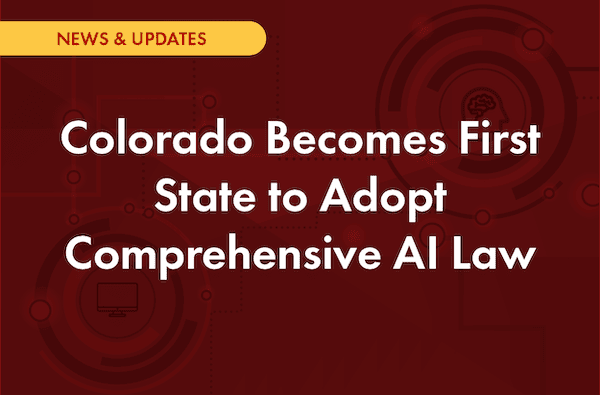The opacity inherent in commercially-derived AI algorithms presents a significant challenge for advertisers, obscuring the decision-making processes, data sourcing, and potential for bias within these systems. This lack of transparency undermines the ability of agencies to provide clients with a clear and comprehensive understanding of how creative assets or data sets are being produced. The "black box" nature of many GenAI systems also hinders the ability to verify the accuracy and legal “fair use” of AI-driven decisions, creating a fundamental disconnect between the promised efficiency of AI and the practical need for accountability and control.
Consequently, advertising agencies are facing escalating demands for due diligence from clients who are increasingly wary of the potential risks associated with nontransparent AI systems. Clients are seeking detailed insights into the methodologies employed by AI, the provenance of the data used, and demonstrable evidence of bias mitigation. However, the lack of transparency from AI providers makes it exceedingly difficult for agencies to fulfill these heightened due diligence requirements. This creates a situation where agencies must navigate the tension between leveraging the power of AI and ensuring compliance with client expectations for transparency and ethical advertising practices.
Generative AI systems' privacy policies, though not designed for algorithmic transparency, can offer some, albeit limited, insights into their operational black boxes. These notices typically outline two critical areas: how user-generated data, from both paying and non-paying customers, is utilized, and the provenance of the AI's training data. While the former is often presented with relative clarity, the latter—the source of the vast datasets underpinning the AI's capabilities—is frequently obscured within the policy's dense text. This buried information, though difficult to extract, can provide crucial clues about the breadth and origin of the data used to train these systems.
Absent federal action, state policymakers are exploring legislation aimed at providing consumers with explanations of AI-driven decisions, particularly in cases where those decisions significantly affect individuals such as in housing, employment, credit, education, and more. Colorado has taken the lead in this area thus far. This nascent regulatory framework reflects a growing recognition of the need to balance innovation with accountability, pushing AI developers and deployers to provide greater clarity about the inner workings and potential impacts of their systems. When applicable to improving overall advertising veracity and authenticity, the 4As will advocate for legislation in this area to help agencies and marketers better understand how generative AI systems reach their outputs.
State AI Legislation We’re Watching
U.S. states have been taking the lead in introducing and passing legislation aimed at boosting transparency of GenAI system outputs and decision making. Take a look.



